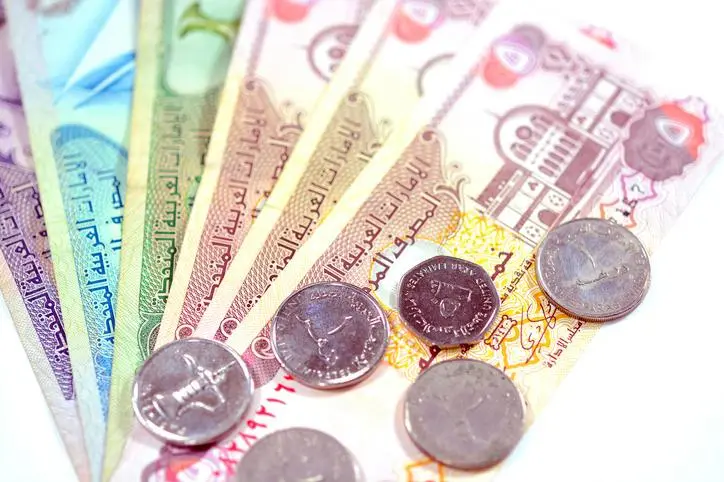PHOTO
The six governments of the Gulf Cooperation Council (GCC) are likely to lean more heavily on debt capital markets this year than last, according to a new report by Fisch Asset Management.
The Zurich-based firm said in a press release on Wednesday, $30.5 billion worth of bonds were issued in the first six months of the year, with Qatar ($12 billion) and Saudi Arabia ($11 billion) each issuing more than one-third of the total. The Sultanate of Oman also issued $6.5 billion worth of bonds, it added.
It also said that full-year sovereign bond issuance was likely to exceed the $49.5 billion issued by governments last year, despite the fact that a number of hydrocarbon-exporting governments are benefitting from higher oil prices, which is helping to plug budget deficit gaps. Projected issuance for the second half of this year is $22.5 billion, which would bring the expected total to $53 billion.
Fisch Asset Management's CEO, Philipp Good, said in the statement that new debt issuance from the region's governments continued to be strong, even though other emerging markets were "lagging significantly behind 2017 levels".
"The emerging market segment has faced considerable headwinds this year, which have included higher US interest rates, weaker local currencies, and intensified threats to free trade," he said.
Fisch Asset Management also argued in the statement that GCC sovereign debt had typically traded at tighter credit spreads than other emerging market debt in the past, as it was seen as less risky. However, spreads widened following the sharp decline in oil prices, and have yet to adjust, despite oil prices improving.
"Fisch views current trading levels as attractive, particularly so given the recovery in energy prices," it said.
On top of this, it pointed to the potential inclusion of GCC sovereign bonds into JP Morgan's Emerging Market Bonds Index next year, where it said Gulf bonds could make up 12 percent of the index.
“To put the significance of this potential weighting into context, the combined weighting of index heavyweights China, Russia, and Brazil is currently just over 11 percent," Good said in the statement, adding that inclusion would likely drive demand for Gulf bonds as index-based funds sought more exposure to the region.
The impact of this can already be seen in demand for GCC sovereign bonds, Good said. In an emailed response to questions from Zawya, he said pricing has already become more competitive, with some investors buying bonds ahead of inclusion, which will mean there is no "big-bang effect" if inclusion in the index occurs next year.
"Where we do expect to see a material benefit going forward is in the primary markets (i.e. for new government debt).
"Each new issue will now benefit from a broader investor audience, something that we expect to be positively reflected in the pricing of these securities. Liquidity will, of course also benefit in kind from the broader investor base."
Earlier this month, UBS analyst Michael Bolliger told Zawya that around $360 billion worth of funds track JP Morgan's Emerging Market Bond Index, and at a weighting of 12 percent, this would suggest an investor inflow of $45 billion into Gulf sovereign bonds.
However, he added that this figure includes existing investments in Gulf bonds, plus any further investments made prior to index inclusion.
"I think the total number would be less than $45 billion, but still obviously very significant," he said.
Jean-Michel Saliba, MENA econmoist at BofA Merrill Lynch, said in a note last week that it estimates Gulf government bonds would make up 10-11 percent of the index, suggesting an inflow of $40 billion.
"However, we think the ultimate flow number will be lower since many EMBI funds appear to already hold off-benchmark GCC sovereigns in their portfolios," Saliba said in the note.
He said a sample of funds analysed suggested that Gulf sovereign bonds already made up an average of around 3 percent of emerging market bond portfolios, "so flows could be closer to $30 billion".
(Reporting by Michael Fahy; Editing by Shane McGinley).
Our Standards: The Thomson Reuters Trust Principles
Disclaimer: This article is provided for informational purposes only. The content does not provide tax, legal or investment advice or opinion regarding the suitability, value or profitability of any particular security, portfolio or investment strategy. Read our full disclaimer policy here.
© ZAWYA 2018





















